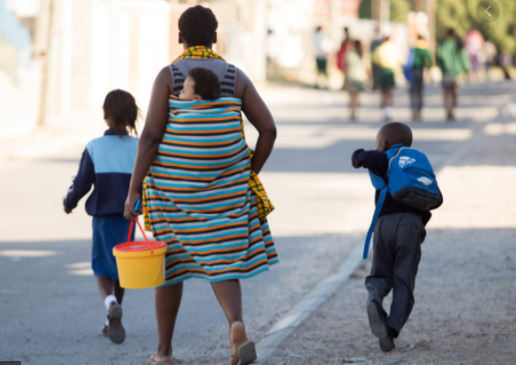Ugandan parents have been advised to enrol their children in schools near their homes to reduce the risk of coronavirus disease (Covid-19) infections as schools reopen for candidate classes and finalists.
On Sunday, President Yoweri Museveni gave a green light to schools to re-open after a six-month closure. According to Museveni, if schools implement the stipulated guidelines of face mask-wearing, 2-metre social distancing, hand washing to the dot, there would be nothing to worry about as children return.
Dr Kedrace Turyagenda, the director of education standards at ministry of Education and Sports is of the view that to minimize situations where Covid-19 might be imported from different communities into schools, parents should enrol their children in schools within their communities. Dr Turyagenda says there is no reason as to why a parent residing in a certain area should insist on enrolling their child in a school outside their locality.
“In fact, because of the risks involved in travelling, our advise as a sector is that as many learners as possible should access the facilities nearer to their homes. That is our advice. Of course, the parents and families will make decisions but we’re saying because of the risks involved especially where children may have to go through public transport. A child may leave Kisoro when he’s safe, and by the time he gets to Kampala, he gets a taxi to Kayunga in a school where he was, he has already sat with someone who is sick. So we’re saying because of the risks involved parents should reconsider and choose schools where their learners don’t have to travel far,” said Turyagenda.
Dr Monica Musenero, an epidemiologist and senior presidential advisor says that measures are needed to make sure that learners and teachers do not spread the disease.
“We need to make sure we come up with a measure to ensure that children go to school and do not spread the disease to people at home at the end of the day. Right now we are looking at the possibility of what would happen if the majority of the leaners are enrolled in boarding schools,” Dr Musenero said.
She adds that if learners are left to go to schools and back home, they will spread the disease to people in their homes at a time when the health care system is stretched to its limit.
In Uganda, it is common for parents living in one district or region and have their children travel every morning to Kampala city centre to attend classes at specific schools. Such parents reason that they go through that trouble in a bid to ensure that their children get a quality education.
Mary Anne Kiggundu, a mother of four who lives in Sonde, Namugongo in Wakiso district says she prefers to drive her children to the Mengo branch of Victorious primary school in Kampala because her children are comfortable there.
“Before we went to Sonde, we used to live in Lungujja and Victorious was the best option. It still is. I do not see any good school where we live,” Kiggundu said.
A number of countries which reopened schools were at some point forced to close them after recording worrying infections among students.
This week, the ministry of Health said the country has run out of hospital beds following a surge in coronavirus infections. Minister of Health Jane Ruth Aceng said they do not have enough testing kits to test both students and teachers once schools resume on October 15. Prior to the scheduled reopening of schools, the ministry of Education will carry out an inspection to ensure the safety of learners. Uganda has so far registered 69 coronavirus deaths while the total cumulative cases now stand at 6,879 with 2,961 recoveries. URN











